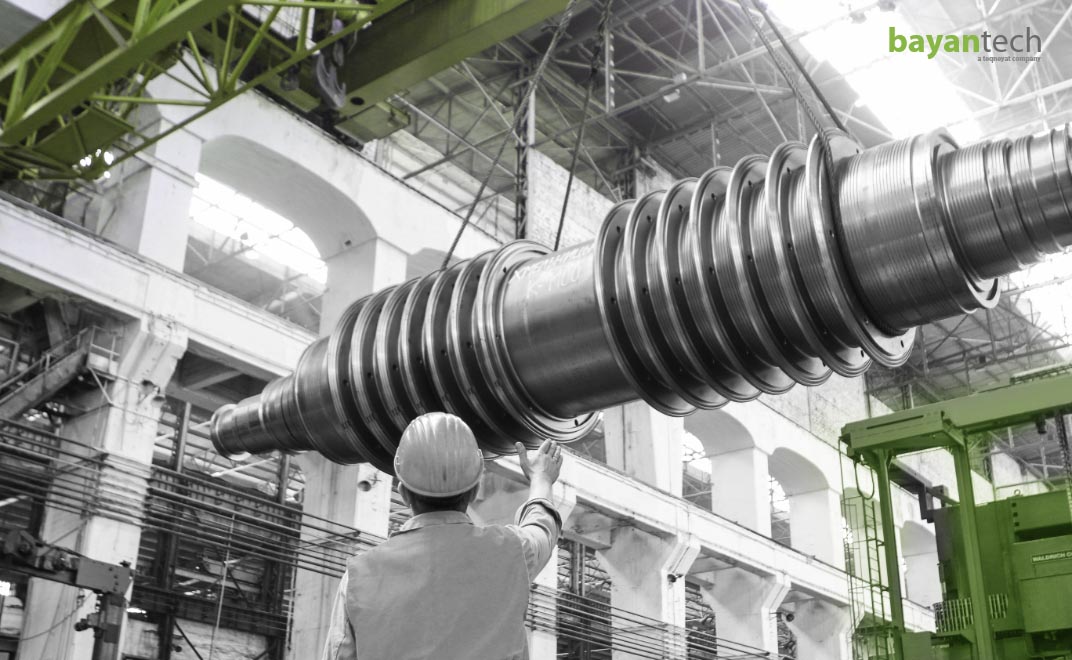As consultancy Deloitte noted in their “2020 manufacturing industry outlook” report, manufacturing has never been so competitive. Powered by fast-paced technological progress and diversification, manufacturing is going through an interesting moment. The fact that transformation and elevated competitiveness are taking place against the backdrop of globalization translates into certain opportunities for actors that look outside of their home market.
The last few decades of progress in everything from supply chain management to AI, to communication, have made competing on an international scale far more accessible for far more manufacturing companies.
The global manufacturing industry is the cornerstone of the economy for the majority of countries and a pillar of global trade. Manufacturing often relies on global supply chains, international customers, and international vendors, so industrial companies need to attain fluent communication with stakeholders despite language differences. In this article, we will explain everything you need to know about professional manufacturing translation practices, whether you’re a decision-maker at a manufacturing enterprise or a linguist in training at a translation company.
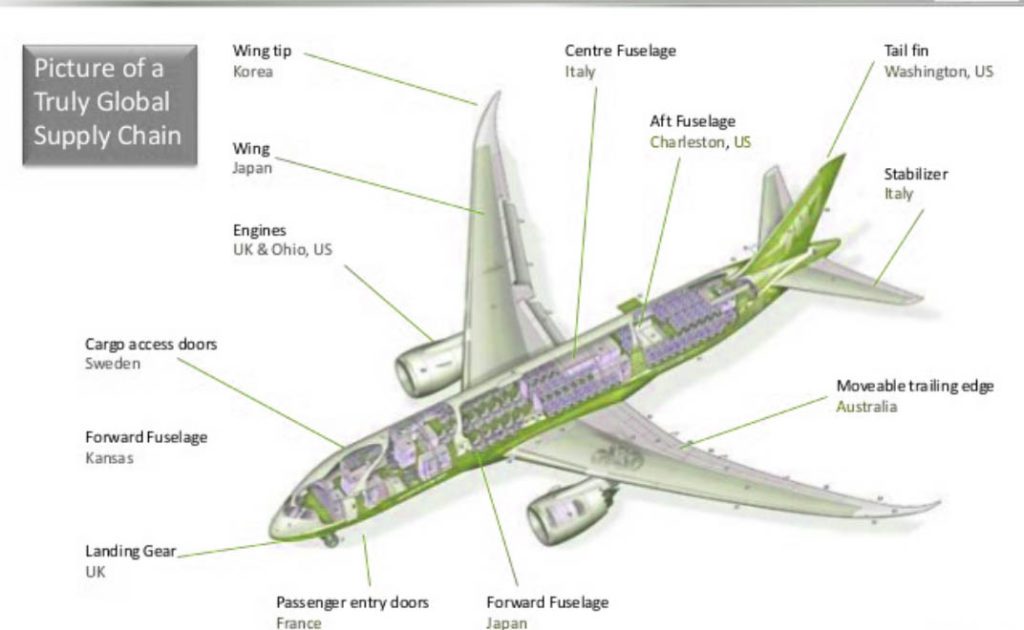
The Crucial Role of Translation Services for Manufacturing
The intrinsic challenges of globalization are extremely relevant to the manufacturing industry. From serving customers from different parts of the globe and expanding to new markets, to establishing relationships and dealing with stakeholders from different cultures and languages, these can be difficult to deal with if you don’t integrate solid strategies, teams, and technology into your operations. They make growth more accessible to businesses from all around the globe and from all industries. Industrial manufacturing sectors are no exception.
Think about the process of manufacturing a car, for example. There can be a car that’s made with steel imported from Japan, plastic from China, leather from India, and rubber from Thailand, and which will be assembled by a company in South Korea, with Australian investors, and sold in Russia. The whole chain of suppliers and customers involved in the manufacturing process needs to receive correct information concerning their work, otherwise, the production output will suffer. And, in some cases, a poor technical manual translation can even have a human cost. For instance, a machinery operator that had to elucidate how to conduct their everyday activities from an unreadable manual is a danger to both himself and others.
But, how are translation services for manufacturing different from other types of translation services?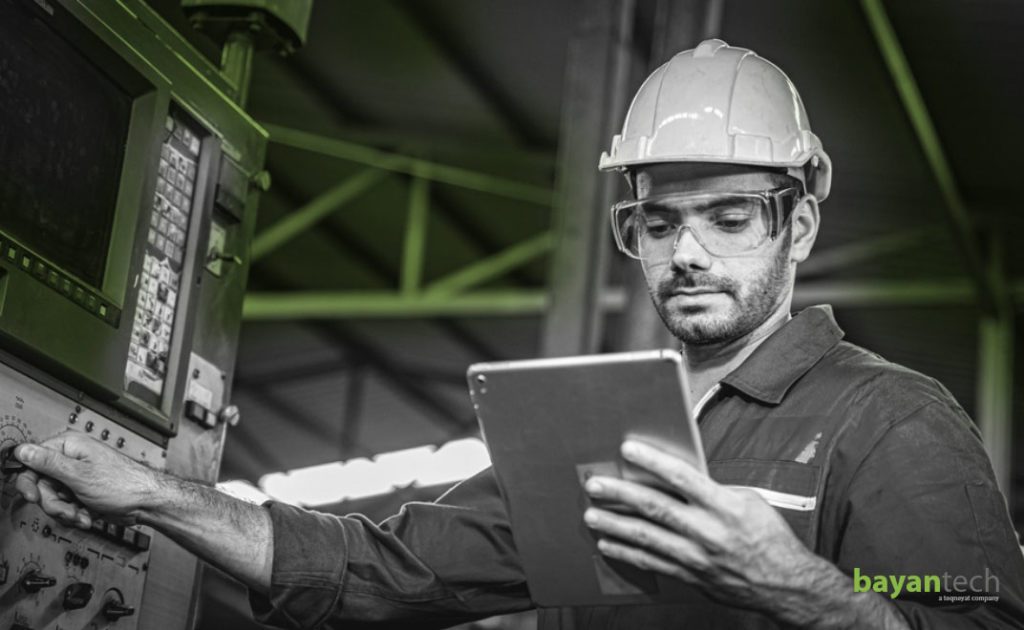
What’s Technical Translation?
The main goal of technical translations is to render documents from one language into another. In this case, the original documents in question are mostly produced by technical writers. These documents may be owner’s manuals or product specifications, or any text that relates to technological or scientific subject areas. Technical translation may involve translating texts that support specific processes, in accordance with scientific standards, writing conventions, and relevant regulations.
But the presence of technical jargon and terminology doesn’t make a text technical by itself. For instance, a sci-fi novel that includes technical jargon is still a literary work, and therefore, it shouldn’t be subjected to technical translation.
It’s useful to think of the text that qualifies to be approached by a technical translator, not as texts with technical terminology in it, but as texts that serve a scientific, technological, or productive purpose.
The Challenges of Manufacturing Translation
Unlike other types of translation, manufacturing translation requires a high level of precision, since the information at hand can be extremely sensitive and technical.
Like the aforementioned examples illustrate, poorly translating a manufacturing document can result in a hindered production process, and even in severe mistakes that may have a human cost.
The most common examples of documents that require technical translation services are:

Operating
instructions

Datasheets of
the company

Legal
documentation

Technical
information

Patents
& Licenses

Site
surveys

Health & Safety
documentation

Catalogs

Product labeling
and packaging

Training
manuals

Product information
and brochures
If manufacturers have to move their production process, training material and technical guides need to be translated to the target country’s language. This is essential for employees to operate machinery correctly. On the other hand, a report for stakeholders containing a mistranslation can dissuade them from investing in the future.
Technical Document Translation Best Practices
If you’re a linguist and you’re starting out in the discipline of translation services for manufacturing, you may be interested in technical document translation best practices. How can you translate a technical document efficiently and reliably?
In this section, we share some key recommendations for a successful and efficient localization process.
Make sure that you respect the structure of the source material. This is both the case for the general layout of the document as well as the linguistic structure of the text. If certain grammatical constructs do not exist in the target language, the translator must find their equivalents so that they convey the message identically.
Technology is constantly moving forward. Make sure you’re up-to-date with technical discoveries and processes. This kind of information is generally regulated by international norms but some things may vary from country to country. Pay special attention to changes in the measuring system, since few countries still use the customary system.
Most of the jargon and specific terminology for your technical field may consist of loanwords, and there may be subtle differences in the spelling of those words between different languages. This makes technical translation relatively intuitive for translators that are not specialized in the terminology. Assuming that two words that are spelled similarly and found in similar contexts are equivalent isn’t how it works, since this practice leaves the translator vulnerable to “false friends” (words that are spelled similarly but have different meanings). Limited subject-matter expertise can be risky if there is no quality assurance to effectively check the output text.
Since providing translation services for manufacturing requires consistency in terminology usage and the removal of ambiguities, there is a good reason for using machine translation as support for the translation process. Most technical texts are very formulaic and repetitive, so they admit the use of a translation memory along with a rule-based system for computer-assisted translation. But building and maintaining a glossary as well as the translation rules requires a lot of effort, and this doesn’t totally replace human translators: Technical documents are extremely sensitive so it is mandatory to manually revise and correct the output of the automated translation.
The translation process should not rely on machine translation alone. Accurately translated texts are always the result of human translators automating repetitive tasks, and using their expert judgment to ensure the quality of the translation. 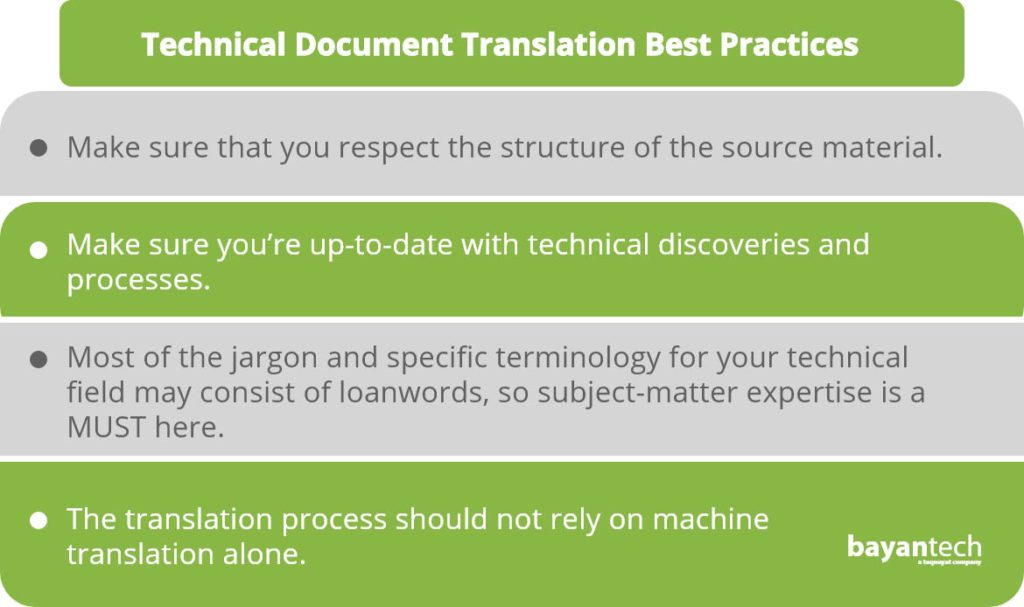
But, what if, instead of machines, we want to rely on non-translators? If your team has a bilingual engineer or production expert, shouldn’t they be in charge of translation? Isn’t that the best way to guarantee accuracy? Let’s dive into these questions.
Relying on Subject Matter Experts (SMEs) for Manufacturing Translation
Can professional translation services for manufacturing be optative in multilingual settings? Due to the delicate nature of a technical subject matter, many companies tend to use their own engineers or experts in the field to elaborate translations according to their needs. By doing so, companies benefit from the experts’ knowledge of the product and its functionalities, so this ensures great accuracy in strictly technical terms.
The downside is that an engineer is not a language translation expert, which can lead to a translation that doesn’t serve this purpose. That is, a translation that’s not accessible (easy to understand) or that doesn’t read naturally. Additionally, there are numberless aspects that any specialist can consider self-evident regarding the functionalities of a product, and, not being a communication expert, the engineer at hand may not be able to recognize his or her bias. Consequently, many features may remain unexplained to end-users. A manufacturing translation that takes too many aspects of the process for granted may not result in clear communication. And clear communication powers all successful industrial processes.
But this doesn’t mean that you couldn’t use the help from your engineers. A capable translator can extract the meaning of a poorly written text and enhance its clarity, while the engineer works as an advisor for the translator, explaining technical nuances and specific jargon. Professional translators can also assist engineers in the use of language. For instance, an engineer may need the help of a linguist to implement Simplified Standard English, a specific type of writing used as an industry standard for delivering unambiguous technical texts to English non-speakers.
It’s worth pointing out that translation services for manufacturing are best left in the hands of a translation services provider. A company that specializes in industrial translation services should assign your translation projects to a team of linguists with extensive subject-matter knowledge, who can produce quality translations autonomously.
You shouldn’t dismiss the potential negative effect of a mistranslation on your whole commercialization process. Professional manufacturing translators are needed to ensure quality consistently across every stage of the manufacturing process, including planning, training, decision making, and marketing.
High-quality industrial translation is the key to success in international markets, since it delivers a positive and productive experience to both partners and customers, granting excellent long-term results.
Hiring professional translation services for manufacturing is the most secure way to guarantee the international actors in your production and commercialization process have the information they need to work and succeed with you.
But, how can you choose the right language services provider?
Sign up to our newsletter to receive the latest blogs and news
How to Choose Translation Services for Manufacturing
In this post, we explained the importance, process, and challenges of manufacturing translation. If you need translation services for manufacturing, you may be wondering what traits you should look for in a language service provider (LSP).
Subject-matter expertise is crucial when dealing with any kind of technical translation, manufacturing translation included. Gravitate towards LSPs with specialized project managers.
Confidentiality is another key concern when looking for translation services for manufacturing. Information leaks can put your business’ place in the industry at risk. Ask potential LSPs what measures they implement to protect their clients’ information and privacy.
In manufacturing translation, linguistic and cultural accuracy is just as important as subject-matter expertise. Professional technical translators who are native speakers of your language will have insider knowledge of the tone and mannerisms that will make your text accurate and easy to understand for your target audience.
Regulatory compliance shouldn’t be overlooked. Professional manufacturing translation services providers should understand what changes should be made to your documents so they comply with your target country’s regulation. Feel free to ask during the vetting process. Failing to comply with local laws can significantly delay your growth plans.
Good communication is the cornerstone of all business partnerships. That’s what your LSP wants to help you achieve, right? An LSP can have an extremely talented team, highly experienced in translation services for manufacturing, but communicate poorly. Poor communication can even prevent professional manufacturing translators from getting enough context about the project that they can’t guarantee high-quality output. Choose a manufacturing translation company with representatives that answer all your questions, and ask for enough project information on your part.
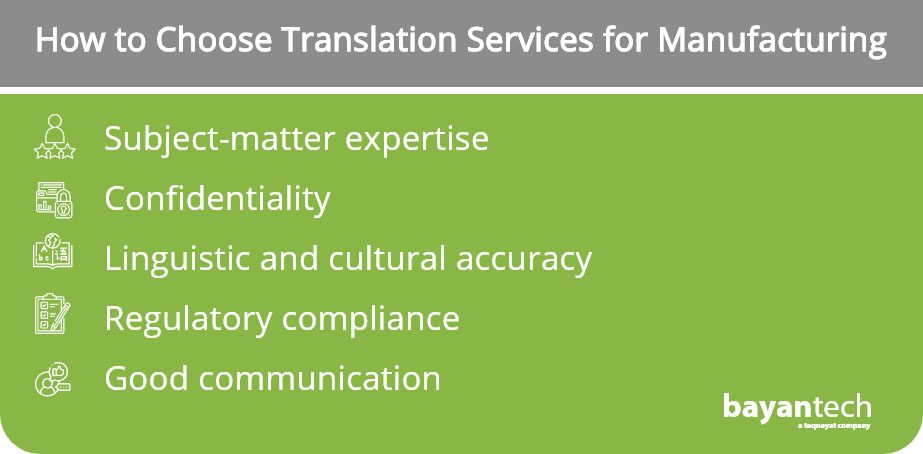
bayantech is a leading provider of manufacturing translation services, with almost two decades helping manufacturing giants across the globe. Our results rely on a combination of industry experience, ISO-certified quality assurance processes, and cutting-edge technology. Get in touch now and request a detailed quote for your project.
Translate Your Manufacturing Documents
with Accuracy, Speed, and Confidentiality.

